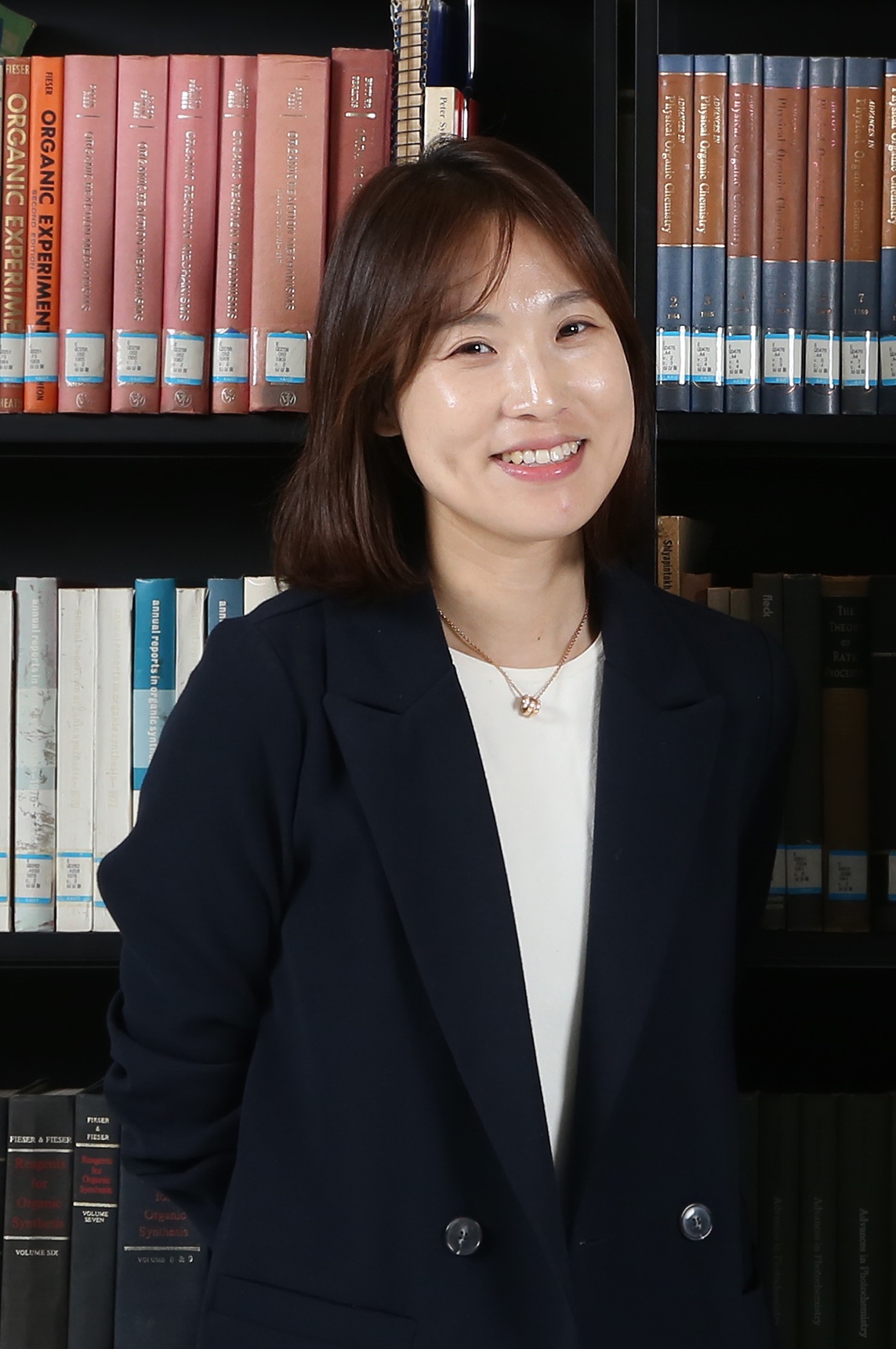|
Professor Erin Cho Dean of the School of Fashion and Textiles at Hong Kong Polytechnic University. Emotional AI and Its Impact on Brand Strategies and Experiences |

|
|
Abstract |
|
| Emotional AI is transforming the industry by enabling brands to decode, anticipate, and respond to consumers' emotional states throughout all value chains. Particularly for fashion, via sentiment analysis and social listening, AI systems monitor platforms like Instagram, TikTok, and fashion blogs to identify emerging trends, consumer attitudes, and cultural signals in real time—empowering brands like Zara, H&M, Tommy Hilfiger, and Dior to shape strategy ahead of the curve. Emotional AI is also driving the shift toward personalized, mood-based shopping experiences, where technologies analyze facial expressions, voice, and behavior to tailor product recommendations, with platforms such as Stitch Fix and Glance AI employing hybrid AI-human services and mood-based styling. Furthermore, brands are leveraging AI-generated virtual influencers, powered by language models and 3D modeling, to deliver emotionally adaptive content and real-time interaction, further deepening emotional engagement and resonance in digital spaces. This talk delves into these innovations leveraging emotion as a key touchstone for differentiation and customer loyalty, as emotionally intelligent technology fundamentally redefines how brands create, market, and connect with audiences. | |
|
Short CV |
|
| Professor Erin Cho is the Dean of the School of Fashion and Textiles and Limin Endowed Professor of Integrated strategies and leadership at Hong Kong Polytechnic University. Professor Cho is a highly regarded scholar with an extensive research portfolio in human-computer interactions, innovation, e-commerce, design strategy, branding, and entrepreneurship, particularly in the context of fashion business and design strategies. Fusing her specialties in management, technology, and design, she also has deep corporate consulting and industry practices with prominent global brands and industry associations, such as Samsung, LG, Adobe, H&M, Seoul National University, and Tsinghua executive program, have invited Professor Cho to lead innovation teams and project as well as keynote addresses. Committed to fostering the next generation of change-makers and global leaders, she has dedicated her effort to advising innovation hubs, incubators and venture capital boards. Before joining PolyU, she was a professor of design strategies at Parsons School of Design, Dean of undergraduate studies, and Executive Director of Executive Education and Industry Engagement at the New School, New York, USA. She served as a member of the innovation advisory committee of the National Retail Federation (NRF) and a faculty advisor of XRC lab and Emotional Engineering lab. | |
|
Professor Hwajung Hong Department of Industrial Design at KAIST Human-AI Interaction in Mental Health |

|
|
Abstract |
|
| As AI advances, so does human intelligence and productivity. Yet, AI use has the potential to reduce users' capacity for deliberate decision-making, thereby diminishing their sense of agency. In this talk, I will discuss how AI's core features—prediction, conversation, and generation—can be employed in the field of mental health, a domain where agency is crucial, to support self-reflection and informed decision-making about health activities. My research team conducted a series of studies on examining the design and impact of AI-driven systems that: 1) utilize stress prediction and explainability to empower users in managing stress; 2) employ conversational AI to assist users in reevaluating cognitive biases; and 3) leverage language generation models for fostering self-reflection via cooperative diary writing. The goal of this talk is to provide insights and recommendations for designers, researchers, and practitioners to design AI technologies that are more sensitive to human concerns and behavior to augment human agency within mental health interventions. | |
|
Short CV |
|
| Professor Hwajung Hong is an Associate Professor in the Department of Industrial Design at KAIST, and leads the DxD (Data, Interaction, Design) Lab. She is also an affiliated faculty member of the KAIST AI Institute. Hong's research in human-AI interaction focuses on developing systems for better human-data interaction in diverse settings such as healthcare and education. Her work aims to enhance the ways people interact with and through data and AI, with a particular emphasis on creating inclusive technological experiences for individuals with special needs. She earned her Ph.D. in Human-Centered Computing from Georgia Tech in 2015. Her research and training programs are supported by generous funds from KAIST, NRF, Google, LG and Elice. | |